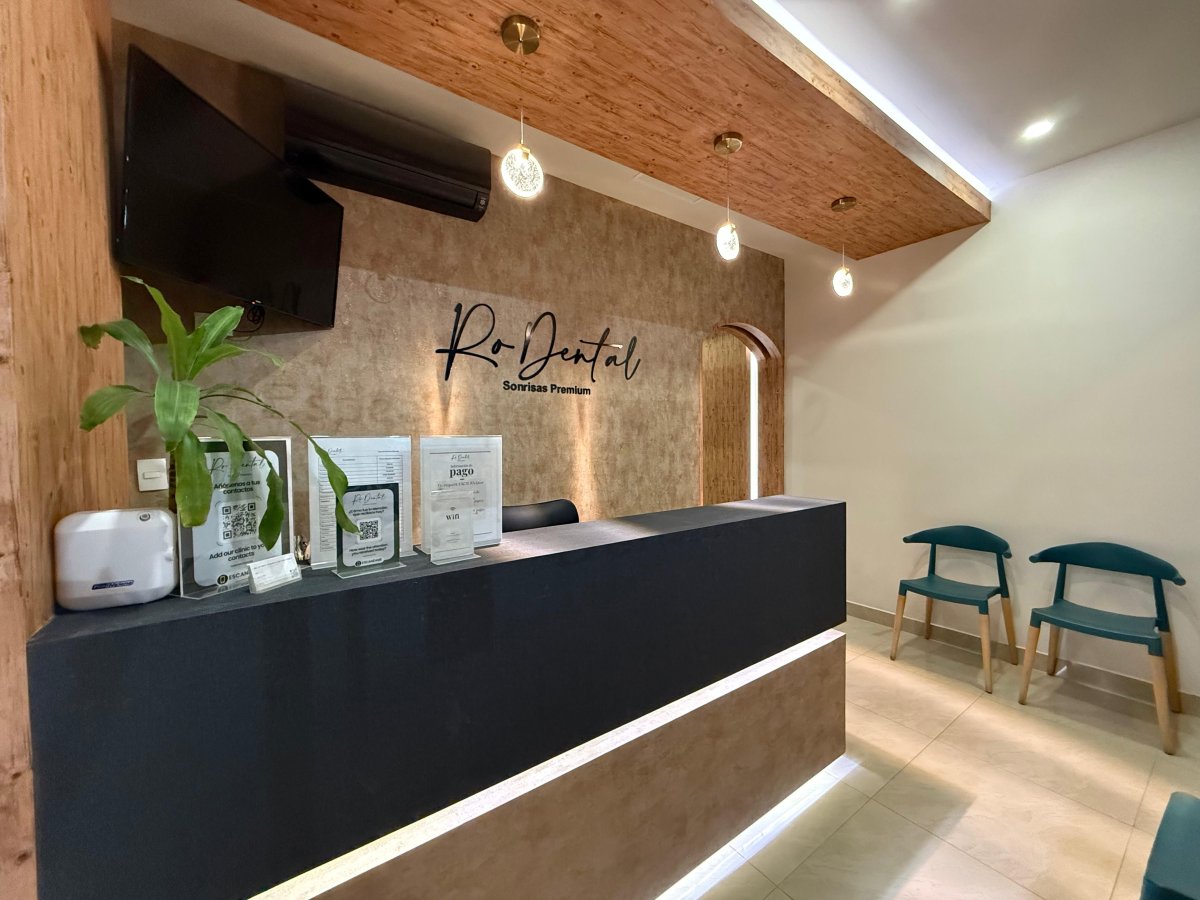
This package includes a comprehensive root canal, restoration, and a custom metal-free zirconia or porcelain crown for approximately $750 – covering panoramic X-ray planning and transfers. Dr. Moises Irazoqui, a specialist in periodontics and implantology with 900+ treatments performed, executes the procedure. The Teethsavers Dental Clinic follows American Dental Association sterilization guidelines and holds Asociación Dental Mexicana accreditation. Its location 5 minutes from the border ensures easy access for international patients.


